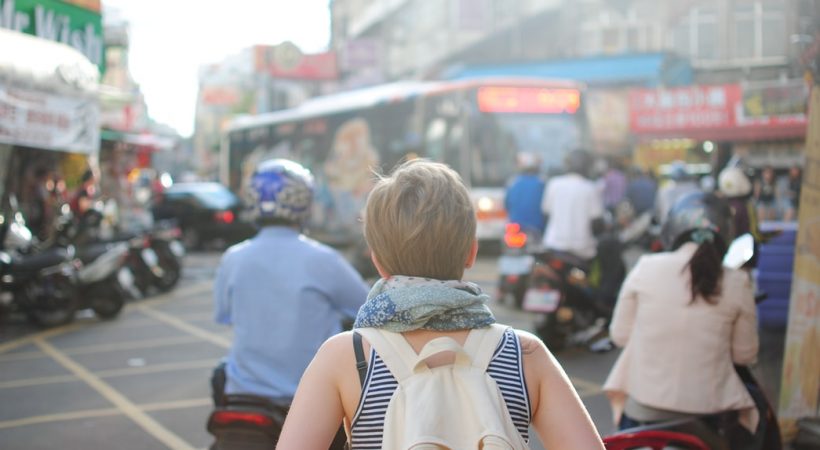How to handle a medical emergency while travelling abroad

People are constantly on the move beyond continents now on holidays, business or studies. They travel through familiar and unfamiliar regions. While in a foreign land, they should expect the most unexpected at any time, a sudden illness due to food poison, an accident, for that matter, a medical emergency. We look at how such a situation should be handled and the precautions you should take before embarking on a long journey.
Possibility of a medical emergency
Primarily what you should be aware of while preparing for a journey abroad is the possibility of a medical emergency, especially if you are undergoing treatment against some illnesses such as Asthma, heart problems, diabetes, high BP, cancer or arthritis, which requires regular medications on time. It means , you may talk to your doctor prior to your journey about the country you plan to visit, the climate you expect there and how many days you would be there. The doctor can suggest what medicine you should carry with you. They will also advice you to carry your treatment papers with you.
Even if you are very healthy and don’t require a medicine kit , you may carry some medicines for common cold, altitude illnesses , diarrhea, bug bites etc., and pain killers and balms for self treatment before seeking medical help in the host country, because a climate change or unfamiliar food can easily spoil your happy journey.
Suitable cloths
You have to carry suitable cloths according to the climate in the country you visit.
Vaccination
Some countries insist on certain pre-journey vaccinations for the visitors . You have to take those vaccinations in advance.
Type of medicines you can carry with you
Check with the host country’s embassy in your country about the medicines you can carry to that country as some countries won’t allow some foreign medicines in their land.
Insurance
Check your insurance papers to find out whether your present policy covers health expenses abroad and if necessary evacuation. Some travel companies are also offering travel insurance that covers medical expenses abroad including evacuation , along with the ticket, for which they charge extra . Insurance is a must to meet health emergencies abroad as treatment is very costly in some places.
It is also good if you check in advance about the health facilities available at your destination, especially the place is a rural area. Communication is not a big problem now as most hospitals have English speaking staff.
Local currency
Keep some local currency with you, which will be helpful in many occasions.















